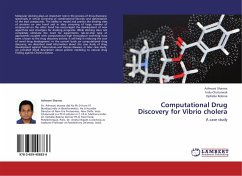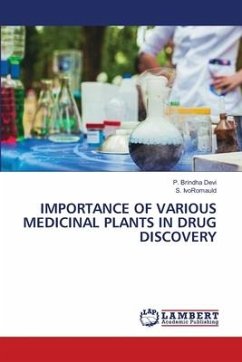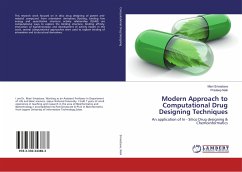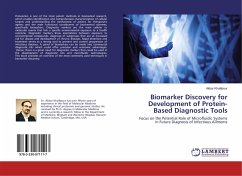Molecular docking plays an important role in the process of drug discovery; specifically in virtual screening of combinatorial libraries and optimization of the lead compounds. The ability to model and predict the binding sites of proteins on one hand and in silico screening of large number of compounds on the other hand has encouraged the development of new algorithms and streatgies for docking programs. While docking does not completely eliminate the need for experiments, lab-on-chip type of approaches coupled with computational high throughput screening have been a boon to the drug discovery activity. It will help in reducing the cost of novel drug development. In the current book on computational drug discovery, we described small information about the case study of drug development against Tuberculosis and Herpes diseases. In later case study, we provided detail description about protein modeling to natural drug finding against Cholera disease.
Bitte wählen Sie Ihr Anliegen aus.
Rechnungen
Retourenschein anfordern
Bestellstatus
Storno








